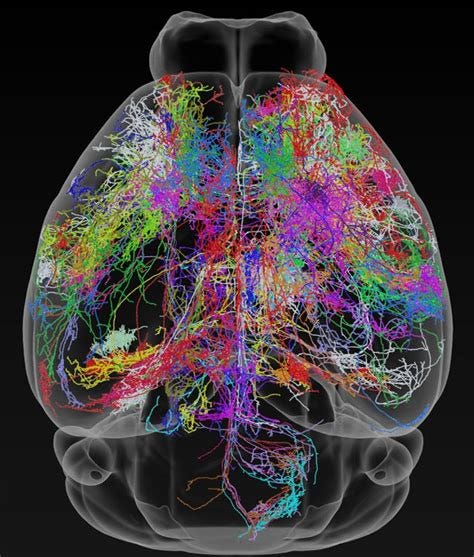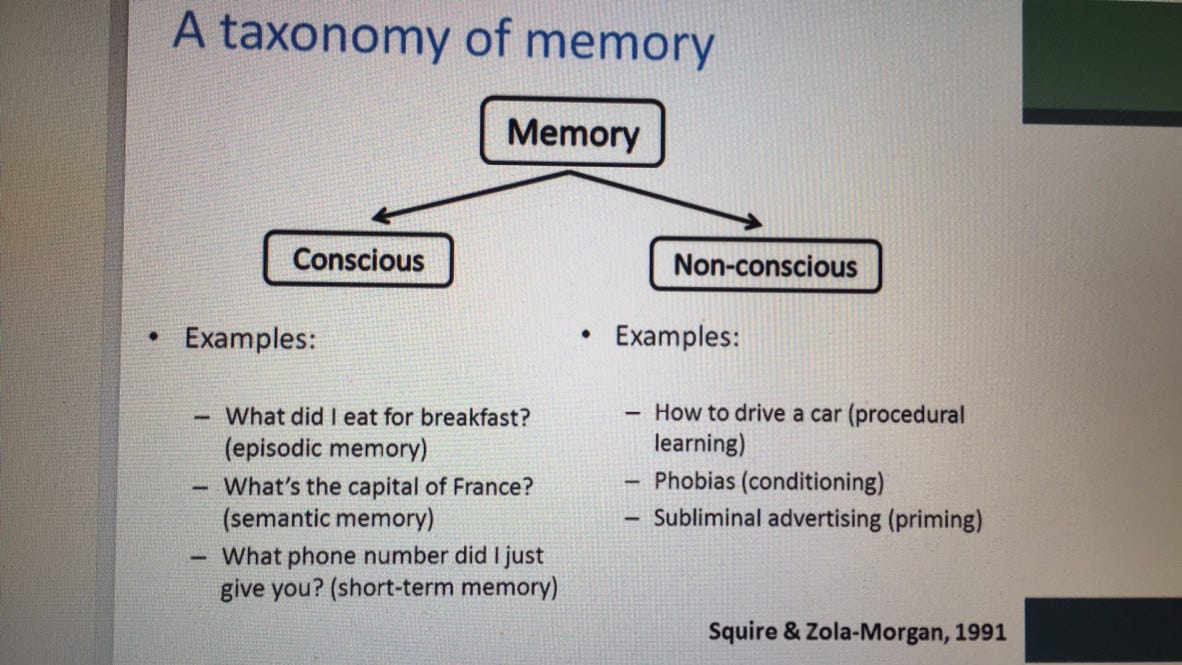An invitation to practice and learn how to nourish your neuron’s awaits you this week along with a pdf to document the areas of the brain that l refer too, for your personal reference. I share with you a deeply personal account of my life to provide some context for this practice.
You might even feel like you’ve got to know me a bit if you don’t after this!
An interesting exercise has been doing the rounds on Substack over this past week, one which l’ve found myself drawn to and triggered by all at the same time, weirdly enough. Thank you
for kicking this off!On one side of the coin…..inspiring and on the other…sometimes triggering victim mentality and/or imposter syndrome.
This exercise reminded me of how easy it is now days to get caught up with what everyone else is doing in the moment. Perhaps just perhaps sometimes judging and comparing. However, by partaking in this behaviour we can end up tending to forget about our own life journey’s and stories, until that is we are asked/or/and really start to document it.
The ingredients for this practice (if your not on Substack) is to recall pivotal moments related to age and not dates in your life, which l actually found quite difficult to do. Mainly, because l often associate and relate life events to years and dates rather than ages.
Writing this post firstly as a note and now a full post, l’ve found it both challenging and extremely therapeutic. Why? Because the exercise really forced me to remember specific dates and timings of my life to date (which l haven’t done in this much detail ever!). I really had to get my thinking hat on and to my surprise some of my memories weren’t that correct or slightly missing an experience. Another surprise is that it ended up taking longer that l had imagined too.
I could feel my neurotransmitters firing up during this writing and remembrance process! If we delve a little bit further under the thinking hood of ourselves, we learn that that the main parts of our brain involved with these kinds of tasks in memory are the amygdala, hippocampus, cerebellum, and the prefrontal cortex. However, when we start to recall pleasant and not so pleasant memories, we start to feel certain emotions resurface that are tied to that particular experience/memory. For example, with bereavement and trauma it is our amygdala that is affected because it is involved in regulating emotions.
When we recall our personal experiences it is our episodic memory that is activated. Episodic being one half (the other is semantic memory responsible for storing actual information) that form our explicit memory. The hippocampus is associated with declarative and episodic memory as well as recognition memory and the cerebellum plays a role in processing procedural memories. It is worth remembering! No pun intended that the main difference between these two is to think of explicit as conscious and declarative as a memory that can be described in words. However, that being said that are many psychological and philosophical debates over if you can describe a memory than surely it must be a conscious one?
Slide taken from one of my old Uni lectures.
One of the key takeaways from reading others notes was a reminder that everyone is on their own journey of ups and downs and everything in between. Easy to say but sometimes more difficult to realise, especially if you find yourself disappearing down the rabbit hole of victim mentality mode and/or experiencing any negativity at moments during your life.
If you want to nerd out a bit?! The attached is one part copy handout taken from a previous workshop l presented, including research from my days at Cambridge. Depicting the areas l’ve spoken about.
So here is the exercise, using pivotal moments and ages as a roadmap to fire up those neuron’s. Why don’t you have a go? It might just remind you of really how far you’ve come, what you’ve had to endure and how you’ve cultivated resilience, strength, and compassion along the way.
AT 11: Went to bed woke up next morning with no father. Heartbroken.
AT 18-22 Uprooted and joined my mother in running her successful businesses and travelled a lot with her.
AT 24: I was loved up and living one of my best life’s in Cyprus and Greece. Learn’t Greek.
AT 28: Heartbroken from love again! l returned to the UK and began working creatively in the Music Industry as a temp for record pluggers and producers in London. With working experience in various recording studios and artist management agencies. Worked on tour between UK, Paris, Sweden, Holland, Portugal.
AT 29: l wanted to work in travel so started working as a temp working with various airlines Delta, North West Orient, American Airlines, TWA and travelled around America and Australia.
AT 30-42: I joined British Airways and worked at Gatwick and Heathrow Airports, travelled and explored the world again. Worked with some of the best people l’ve ever met and learn’t so much about people and life.
AT 32: l was travelling back and forth between the UK and Cuba where l met my ex-husband.
AT 33: I married my Cuban and was living in Cuba, learn’t Spanish.
AT 34: I returned to England with my Cuban.
AT 36: My marriage finished. Had a nervous breakdown and was off work for 6 months. During this time l was introduced to yoga as a form of healing by one of my friends who was also a pilates teacher, who also mentioned that she thought l would make a good teacher.
AT 37: Started would be the first of many Yoga trainings in London. Went part-time at BA and focused on completing my studies and set up my yoga business in London and started teaching professionally. Went to Thailand for a month at the WATPO school of Thai Yoga, meditated with the monks at the Golden Temple.
AT 38-42 Spent most of my time in New York with my bestie living and checking out the yoga scene, being a student with doing more training, (prior to it becoming really popular in the UK).
AT 42: Took early retirement from BA and spent the whole year basically travelling and studying in both New York and California. Graduated from Jivamukti Yoga NYC. During this time my mother had also been diagnosed with Vascular Dementia (which would finally take her life in 2015 after a long battle).
AT 43: My yoga career took off teaching and speaking globally, with my work being featured in a variety of top magazines and shows while l was also looking after my mother.
AT 46: Got invited to film some classes for grokker.com which people are still taking today and are available on my Substack.
AT 47: My mother passed away after a long battle with Dementia and Alzheimers which effectively broke me. Again Heartbroken and dealing with bereavement.
AT 48 - 50: I went back to University as a mature student and graduated in Coaching and Experimental Cognitive Psychology at University of Cambridge. Partly due to learning more about my mothers condition and to learn more about coping mechanisms, brain and behavioural health from a western scientific perspective. Putting to bed an old story engrained since school days.
AT 48: I started combining my holistic approach to healing with my academic studies affectionately named East Meets WEST and Filmed by first YOGA DVD shoot in LA.
AT 50: I started a Coaching Lifestyle Business where l earn’t more than my BA and teaching career combined. While also studying Psychology, AI and Technology at University of Birkbeck, in London.
At 52: Perimenopause started to hit. Started working on ideas for a book in How to live mindfully in an overstimulated world and worked with Best selling Author Shaa Waasmund and pitched a book idea to Joel Rickett of Ebury Publishing.
I moved from my home in London a few months before COVID struck to my beautiful Scandinavian floating lodge on the water in Cambridge. I met nature and changed.
AT 53: During the 2nd part of the pandemic, l suffered with chronic depression and anxiety due to losing 75% of my business. My body and mind being affected by perimenopause and my book not being being picked up. Started a interior and exterior renovation of my property and my love of painting and creating saved my sanity. During this time l also wanted to do something different so used my background of vision science and went to work in Optics and Ophthalmology.
AT 54: Met the love of my life and since then have been having a rebirth in all areas of my personal and professional life.
AT 57: Started a Substack podcast and journal, drawing on all of these life experiences and now just enjoying life.
The conclusion… relish in the remembrance of your life it will not only uplift your confidence but may also provide the conditions to view certain memories and experiences differently than before.
If you feel this post has been an interesting one then why not





